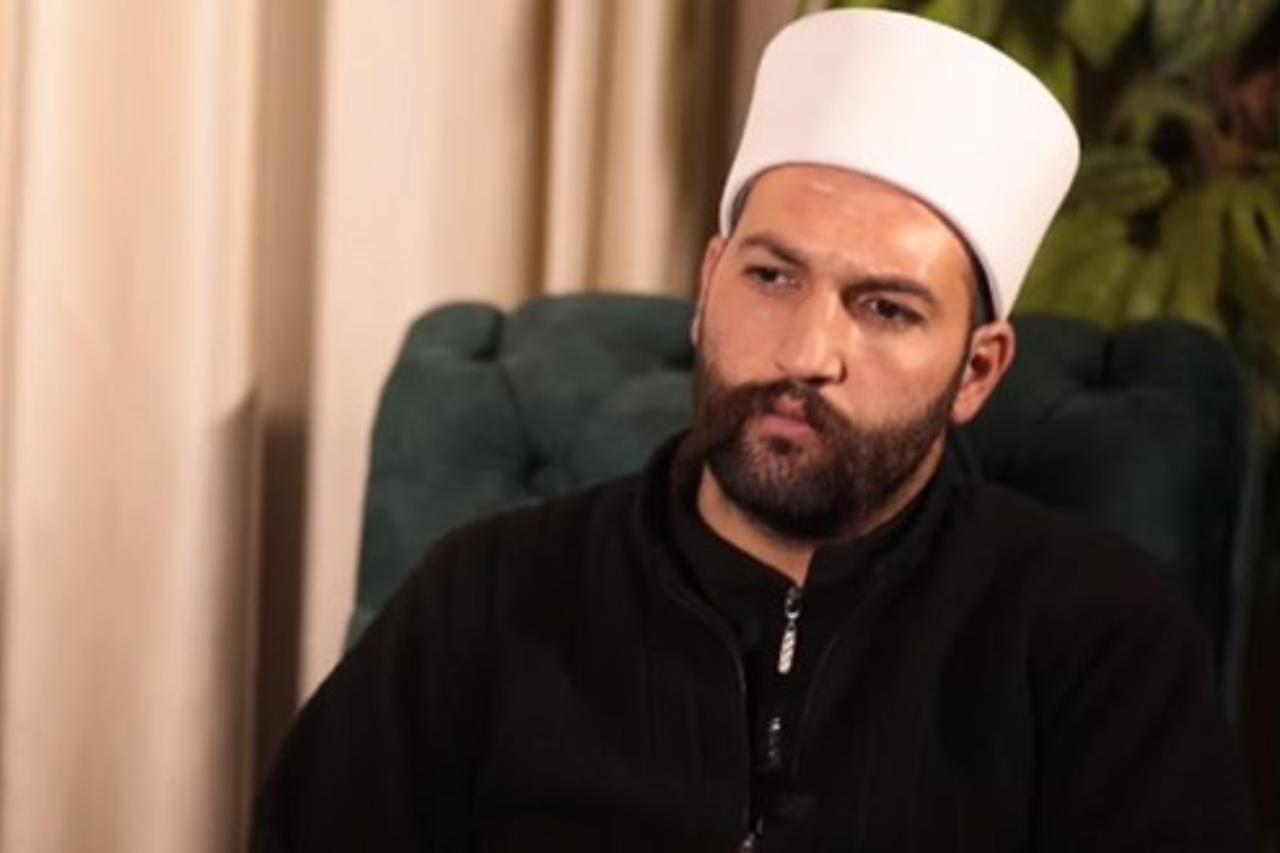
Sheikh Laith al-Balous, one of the prominent leaders of the Druze community in Syria and representative of Al-Karama Guest House, praised the role Türkiye plays in supporting the Syrian people, while also commending the efforts led by President Recep Tayyip Erdogan to maintain Syria’s unity and stability.
Balous made these remarks during an interview with TRT Haber, where he openly discussed his stance on Türkiye’s role in the Syrian crisis, particularly regarding its support for the Syrian people and hosting of refugees.
Balous stated: “The Turkish government has all our respect and appreciation. Erdogan has been a supporter of stability in Syria and the unity of its lands and we stand with respect and appreciation for this stance toward the Syrian state and its people. May God bless you.”
These remarks come at a time when relations between Türkiye and various components of Syrian society are witnessing advanced levels of cooperation and mutual understanding, especially in light of the role Ankara has played over the past years in containing the fallout of the Syrian war and opening its doors to millions of Syrians who fled conflict zones.
Balous highlighted that Türkiye’s position is not merely political but also deeply humanitarian, as reflected in its treatment of Syrian refugees and its respect for their religious and social diversity, including members of the Druze community.
He added, "This great country received the Syrian people, sheltered them, embraced them, and defended them. We hold this stance in the highest regard. May God reward you."
He further noted that Türkiye’s efforts to welcome the displaced and provide them with safety and shelter reflect a rare humanitarian position amid the difficult circumstances Syria has endured.
Sheikh Laith al-Balous, son of Sheikh Wahid Al-Balous—who founded the “Men of Dignity Movement” and was assassinated in 2015—broke away from the group in 2016 and went on to establish the “Sheikh Al-Karama Forces.” The faction, which comprises around 50 fighters, focuses on protecting Sweida from external interference and preserving Syria’s territorial unity.
In July, tensions escalated following clashes between Druze and Bedouin groups, prompting Balous to intensify his political efforts.
Unlike many Druze leaders who remain cautious toward the central government, Balous has taken a distinct stance, emphasizing the necessity of reestablishing Syrian state institutions in Sweida.
According to the latest interview with the Syrian Arab News Agency (SANA), he advocates for sustained efforts to restore security and fully implement the cease-fire agreement, viewing both as critical steps toward ensuring stability and safeguarding the province’s social cohesion.